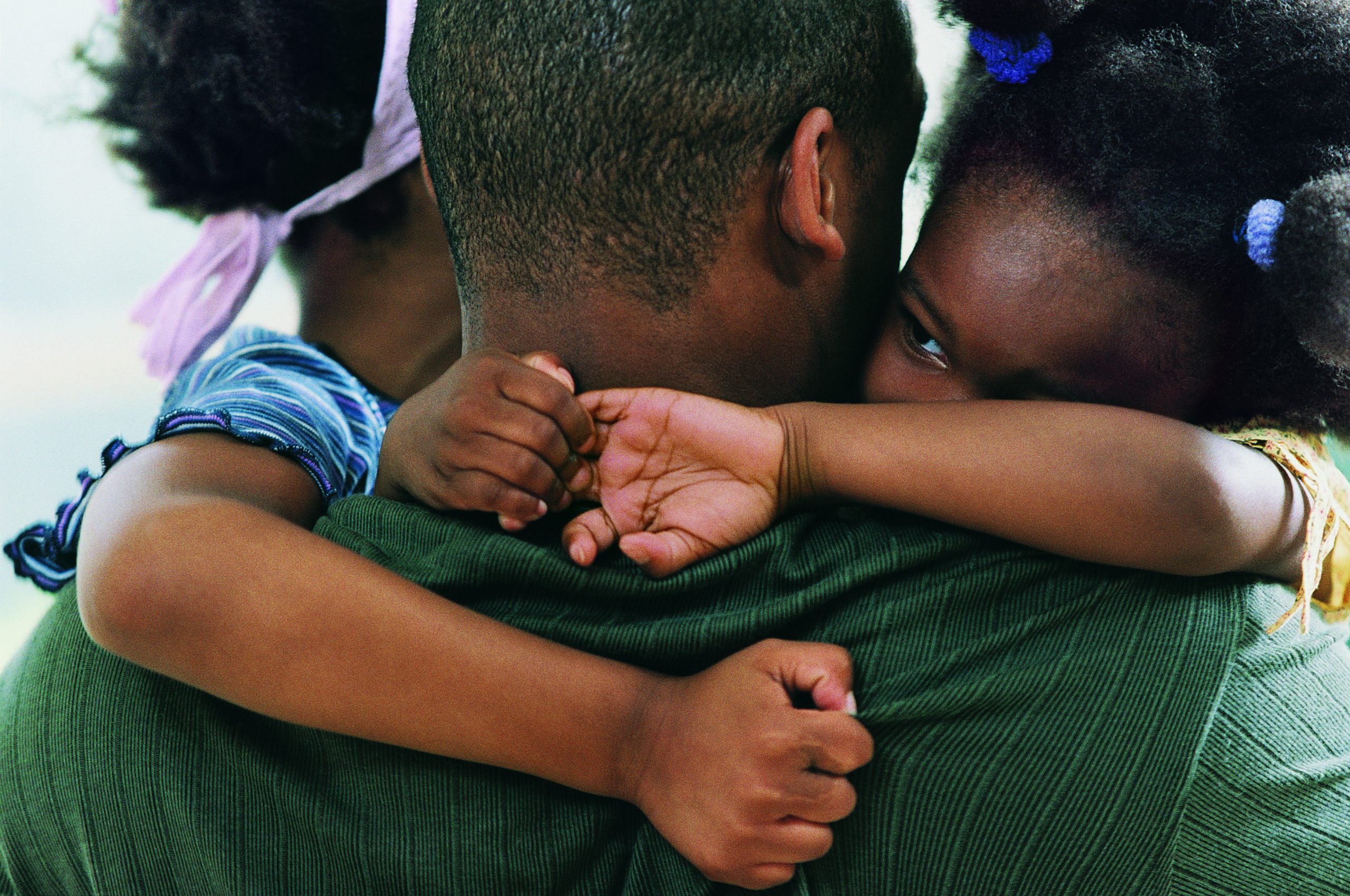
Care Planning Review
On this page:
Overview
Who: The Ministry of Children and Family Development
What: Developing an improved approach to care planning for children and youth in care
Where: Province-wide
Why: To improve care planning so that children and youth in care are:
- Safe
- Mentally, physically, and spiritually well
- Better supported to experience a sense of belonging
How: Online
Background
In the Ministry of Children and Family Development, when a child or youth comes into care, a Care Plan is developed with and for them. The Care Plan is intended to help identify goals and needs and keeps track of important actions and decisions. The plan should involve input from the child or youth, family, community, social worker if appropriate, and other important people in the child or youth’s life. The care plan should be reviewed every six months, or more often if there is a significant change for the child or youth.
The ministry is seeking to improve care planning with a focus on fostering belonging for children, youth and families. To build those improvements, the ministry is co-developing a review of care planning, guided by the Care Planning Advisory Circle. The Circle has diverse membership, including:
- The ministry’s Youth Advisory Council
- Rights Holders
- Indigenous Child and Family Service Agencies
- Indigenous partners
- Foster caregivers
- An Elder
- Ministry staff
Engagement summary
Public engagement was held via survey and virtual engagement circles to learn from children and youth, foster caregivers, service providers, advocates, experts, those with lived experience, First Nations, and Indigenous Peoples.
The purpose of the survey was to learn about current challenges and barriers in care planning and begin identifying opportunities for those changes. The engagement circles built on the survey responses to gather more specific feedback and recommendations on how to transform care planning policy and practice, with a focus on fostering belonging – to family, culture, and community – for Indigenous and non-Indigenous children and youth in care.
Engagement circle participants were invited to respond to the following questions:
- Belonging and identity
- What should supporting identity, belonging, and cultural connection in care planning look like?
- Collaboration
- How can we invite greater participation in care planning from children and youth’s circles of supports?
- Child/youth voice
- How do we make sure the care plan includes the voice and perspective of the individual child/youth and meets their needs?
- Trauma-informed
- What should trauma-informed care planning look like?
- Care Plan format, structure, and content
- What do you want the care plan to look like (format, function, questions, domains, outcomes)?
The Care Plan Advisory Circle will use engagement data to co-develop key care planning recommendations. These recommendations will be shared back to engagement participants to reflect on and affirm the information.






